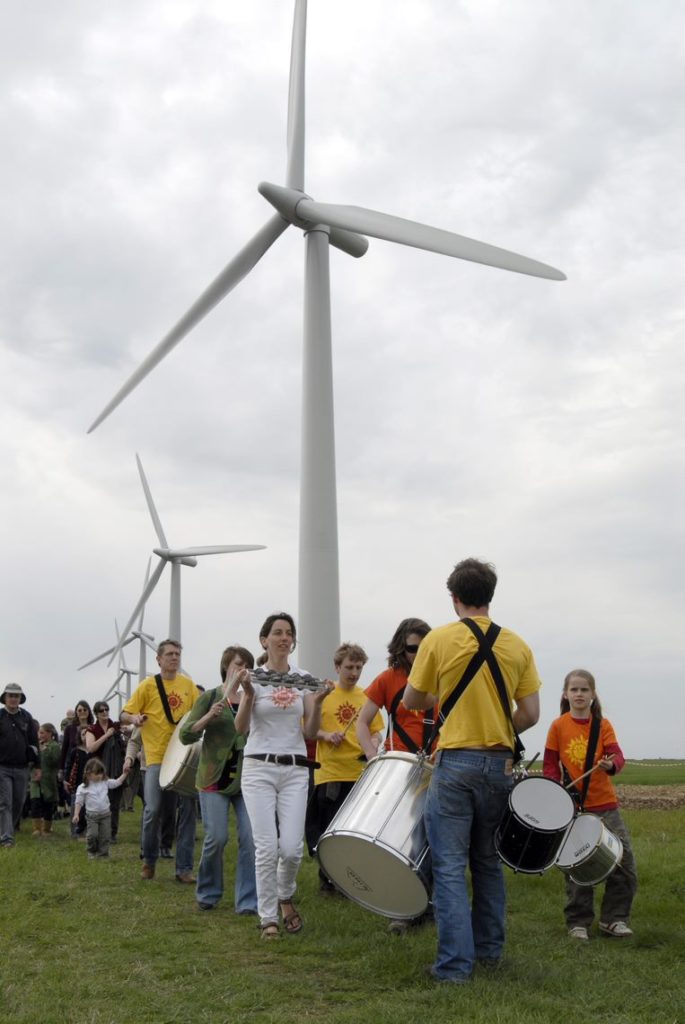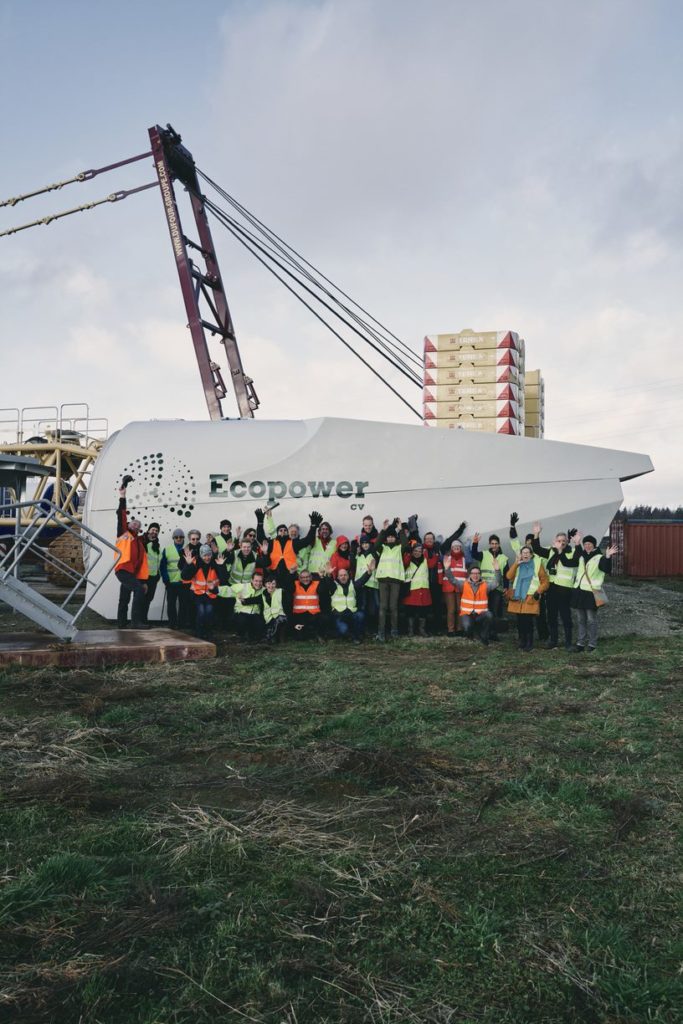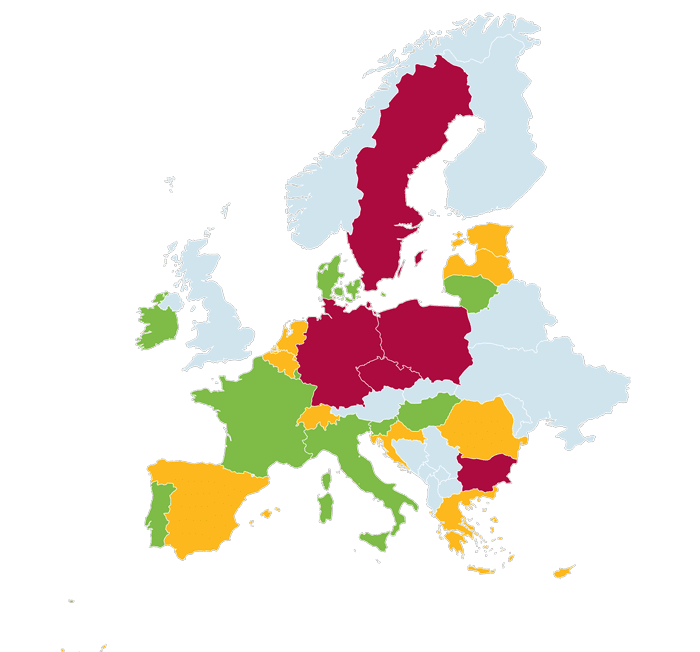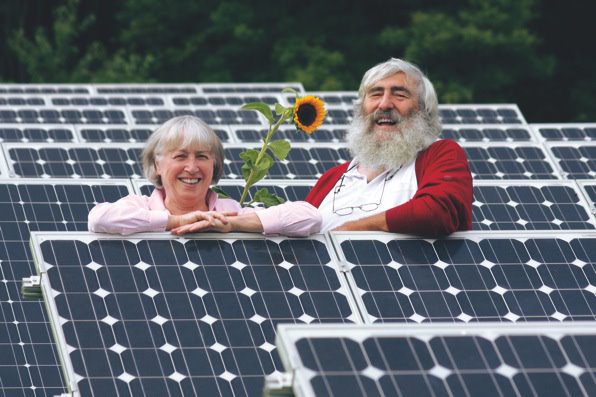Community Energy – Are EU Member States Taking It Seriously?
Energy communities can play a key role in the energy transition. For that to happen, member states need to introduce supportive national legislation.
To reach the EU Green Deal’s objective of making Europe the first carbon neutral continent by 2050, the renewable energy transition must be a priority, and community-led initiatives must be a central part of the plan.
Many of these initiatives relate to renewable energy communities (RECs) and citizen energy communities (CECs) – groups of citizens that come together to produce, supply, store and distribute their own energy. These two definitions have been introduced by the Renewable Energy Directive (RED II) and the Internal Electricity Market Directive (IEMD), respectively. Such initiatives were recently acknowledged by the EU in its Clean energy for all Europeans package, which establishes supportive provisions for RECs and CECs.
Now these European provisions must be transposed, meaning that each member state should incorporate them into its national legislation in a specific deadline set by the 2 Directives. Although this deadline has already passed (it was June 2021 for the RED II and December 2020 for the IEMD) progress has been insufficient. Therefore, REScoop.eu – the European Federation of Citizen Energy Cooperatives – has created a transposition tracker, which assesses the progress of transposition of the REC and CEC definitions in each EU member state.


What should be transposed, and why it is important?
Research conducted by CE Delft in 2016 revealed that over 264 million European citizens (roughly half of the European population) could produce their own energy at home or through RECs by 2050.
A study published by YouGov in 2021 highlighted strong citizen support for renewable energy projects, and proved that if the opportunity existed, roughly 61% of citizens would join a REC in their neighborhood. However, in most cases the legislation is still missing, putting a barrier to citizen involvement.
Complete transposition of the EU provisions for energy communities is expected to remove this barrier and empower citizens – but, what is a complete transposition? It should include:
- The two definitions;
- An assessment of barriers and potential for RECs at the national level;
- An enabling framework for the development of energy communities; and,
- A support scheme offering specific provisions for energy communities, considering their unique characteristics.
The map below focuses on the first component, and provides an overall qualitative assessment of the transposition of the definitions in EU member states. Using a traffic light grading system, the tracker assigns a color to each country, according to how well they have transposed the definitions, ranging from inadequate or no transposition (red) to advanced transposition (dark green).

Trends and examples
Each member state has a unique situation. Some countries (such as Germany and Denmark) have a long track record of energy cooperatives, whilst in other countries (such as Poland and several Balkan countries), the energy community model is completely new. Therefore, each national government responsible for the transposition should consider the existing national frameworks, and modify the legislation accordingly.
Despite the different levels of development, REScoop.eu has identified transposition trends across the EU, specifically with regards to the definitions. In several cases, there is a lack of transposition (as is the case in Germany and Malta), or very little progress (such as in Romania and Bulgaria). Improper transposition is the case in Hungary, where RECs are framed as a sub-category of CECs, thus limiting them to operating in electricity, and excluding heating and cooling contrary to the EU provisions. An example of restrictive transposition can be found in Croatia, where membership of CECs is only allowed to those with residence, establishment or premises in the local self-government unit, whilst in the EU provisions for CECs there is no such requirement.
Another trend is the exact duplication (‘copy-paste’) of the EU provisions without elaboration of what each principle means, as is the case in Portugal. Some other countries, like Spain, progressed with the transposition of only one of the two definitions. However, there are countries – such as the Netherlands and Latvia – that have introduced RECs as a coherent concept in their legislation. Following this, they elaborated on the definitions of RECs and CECs, thus promoting coherence in the energy community model.

However, there is one commonality between all EU member states: thus far, they have ignored their obligations set by the RED II to conduct an assessment of barriers and potential of RECs in their local context. Furthermore, there is not yet any enabling frameworks in place for the development of energy communities. Nevertheless, Ireland and France have recently published new measures for the promotion of community energy, which can be considered part of such a framework. Finally, as part of the state aid legislation is under review, the member states have yet to align their support schemes with the RED II. Ireland can be considered a good example, as it has already introduced specific provisions for RECs in its support scheme.
Next steps of the process
The REScoop.eu transposition tracker reveals that member states must increase their efforts of transposing the EU provisions for energy communities with one goal: allow citizens to participate in the energy market, because, after all, they are the ones who will pay for the energy transition. The need for climate action has never been greater, and the potential impact of upscaling community energy initiatives across Europe is significant. The energy transition will only succeed if citizens and their communities take the lead – it is time for people to claim their energy rights!